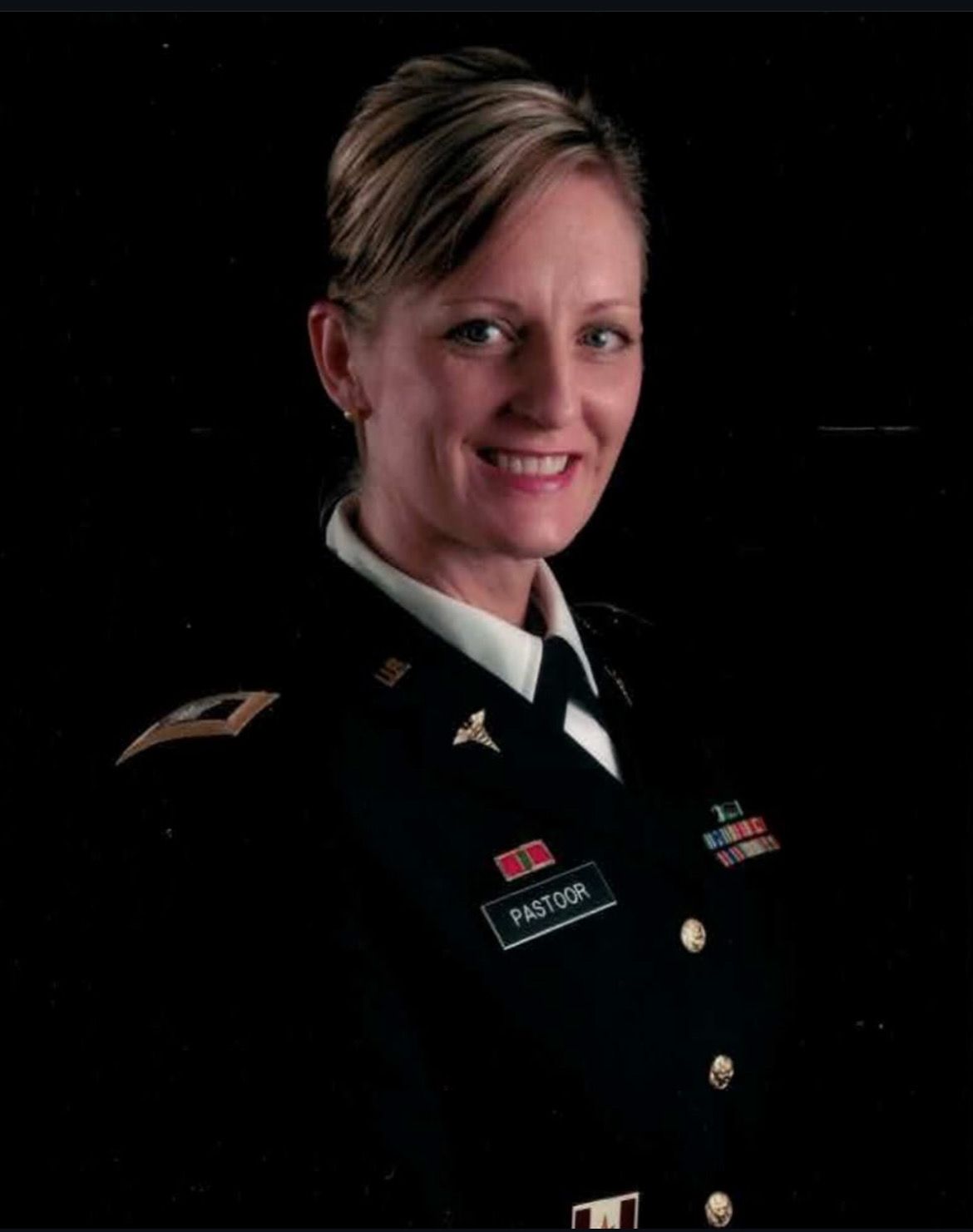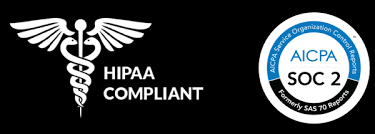
Dr. Sara Pastoor
Where Medicine Meets Mission: Dr. Sara Pastoor's Vision for Healthcare's Future
In the fast-paced world of modern healthcare, where efficiency often takes precedence over empathy and financial pressures shape priorities, the true essence of medicine feels at risk of being forgotten. Yet, amidst this turmoil, a determined voice is rising—a voice dedicated to restoring humanity to healthcare.
That voice belongs to Dr. Sara Pastoor.
Dr. Pastoor’s career spans a remarkable spectrum: from the structured discipline of military medicine to the integration of behavioral health, the innovative freedom of direct primary care, and the transformative potential of health technology. But her story is not just about professional milestones—it’s about a mission to redefine healthcare as personal, meaningful, and rooted in relationships.
Her path has been anything but linear, and that’s precisely what makes it so compelling. It wasn’t a preordained journey, nor was it without obstacles. Instead, it was shaped by moments of introspection, the guidance of mentors, and an unwavering commitment to serving people—not systems. Her story is one of resilience, transformation, and a steadfast belief in the power of human connection.
Seeds of Service: A Legacy Quietly Takes Root
It’s often said that the seeds of our future are planted long before we recognize them. For Dr. Pastoor, those seeds were sown quietly during her childhood.
Becoming a doctor wasn’t always her dream. In fact, the idea didn’t fully take shape until much later. “My father was a family physician,” she recalls, her voice tinged with nostalgia. “But I didn’t have any particular aspirations to follow in his footsteps.”
Still, her father’s world occasionally intersected with her own. As a medical resident, he would invite her to witness the realities of medicine firsthand. Whether it was observing a delivery in a hospital room or overhearing animated discussions among his colleagues, these moments left a subtle but lasting impression.
It wasn’t a sudden realization, but rather a gradual awakening that began to surface during her college years. The seeds planted in her childhood had quietly begun to bloom.
The Evolution of Care: Bridging Mental and Physical Health
While many physicians gravitate toward specialization, Dr. Pastoor found her passion in the intersection of mind and body.
With a bachelor’s degree in psychology and a deep interest in mental health, she initially resisted the idea of family medicine, determined to forge her own path. “I didn’t want to do what my dad did,” she says with a laugh, recalling her early reluctance. But the holistic nature of family medicine—especially its potential to integrate behavioral health—ultimately drew her in.
Recognizing the critical connection between mental and physical health, she chose a residency program that was ahead of its time, offering one of the few integrated behavioral health tracks available.
“It seems obvious now that mental health is a vital part of whole-person care,” she reflects. “But at the time, very few were practicing with that mindset.”
Military Precision Meets Holistic Care: A New Model of Medicine
Dr. Pastoor’s time in the military was a crucible of leadership and innovation, shaping her approach to healthcare in profound ways. Through the military health profession scholarship, she trained at Brooke Army Medical Center, where she worked alongside pioneers like Dr. Catherine Sauri. Together, they developed one of the earliest interdisciplinary, team-based primary care models—an approach that brought together psychologists, physical therapists, nurse educators, optometrists, and social workers to deliver comprehensive care.
“The military taught me the value of collaboration and precision,” Dr. Pastoor reflects. “It set a high standard for what primary care can achieve when a diverse team works seamlessly together, all with a singular focus on patient well-being.”
The Direct Care Revolution: Redefining Doctor-Patient Relationships
For Dr. Pastoor, the future of healthcare lies in aligning financial incentives with patient outcomes—a vision she found realized in the Direct Primary Care (DPC) model. With her extensive background in military medicine, academia, direct-to-employer care, and traditional fee-for-service systems, she quickly recognized the transformative potential of DPC.
“The growth of DPC has been incredible,” she says. “In just one year, the number of family physicians adopting this model has tripled.”
Unlike traditional healthcare systems, where insurance bureaucracy often dominates, DPC removes these barriers, allowing physicians to focus entirely on their patients. Built on trust, transparency, and long-term relationships, DPC enables doctors to practice medicine in its purest form.
Technology as a Partner, Not a Replacement
In an era of rapid digital transformation, Dr. Pastoor believes technology should enhance, not replace, the human connection that defines quality healthcare. As a clinical leader at Elation Health, she works to ensure that technology empowers clinicians to be more present with their patients.
“The right tools should allow doctors to focus on their patients, not their screens,” she explains. “Healthcare technology should align with how doctors think—intuitively and efficiently.”
She sees technology as a way to reduce administrative burdens and improve patient care, but she’s clear that it must never come at the expense of empathy.
“We can now do things that were once impossible or incredibly time-consuming,” she says. “But we must always remember that technology should serve as a tool to enhance the personal touch that lies at the heart of medicine.”
The Crisis and the Calling: Advocating for Primary Care
Dr. Pastoor is unafraid to confront the pressing challenges facing primary care today—rising costs, limited access, and a looming physician shortage.
“We’re spending two to three times more on healthcare per capita than other countries, yet our outcomes often fall short,” she says. “The problem isn’t a lack of resources—it’s how those resources are being misused.”
She believes innovative models like Direct Primary Care, which emphasize prevention, wellness, and long-term relationships, offer a path forward. By prioritizing these values, DPC has the potential to lower costs and improve outcomes, creating a system that benefits both patients and physicians.
A Vision for Independence: Redefining Primary Care’s Future
Dr. Pastoor envisions a future where primary care operates independently of hospital-based systems, which she believes often undermine its core mission.
“Hospital-based primary care frequently conflicts with the principles of preventive care and patient-centered wellness,” she explains. “To truly transform healthcare, primary care must break free from these competing interests.”
Her advice to the next generation of family physicians is clear: embrace independence.
“Primary care has the potential to drive meaningful change, but only if it remains true to its values,” she says. “Physicians must pursue autonomy in their practice to put patients first and lead the way in healthcare transformation.”
Looking Ahead: Balancing Technology and Humanity
As healthcare continues to evolve, Dr. Pastoor’s journey offers a powerful vision for the future—one where technology and human connection coexist seamlessly. She is adamant that efficiency should never come at the expense of the doctor-patient relationship.
“Healthcare isn’t just about solving problems—it’s about building trust and forming meaningful connections,” she says.
For aspiring physicians, her story is both a challenge and a source of inspiration. Dr. Pastoor believes the future of medicine doesn’t require choosing between cutting-edge technology and compassionate care. Instead, it’s about using one to elevate the other. The healthcare of tomorrow, she insists, will be defined by the perfect balance of innovation and humanity, ensuring that doctors can deliver care that is both empathetic and groundbreaking.
Interested to share your story?
Contact us today & Let us know!



